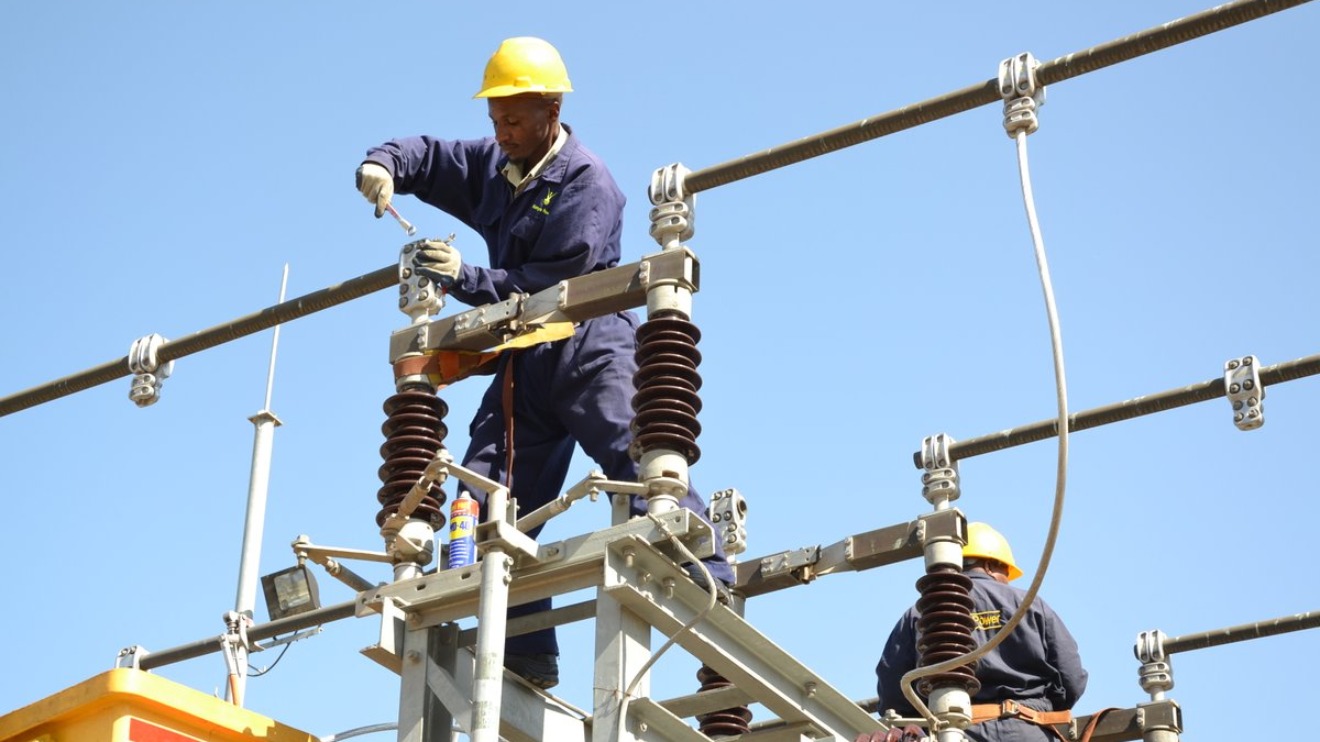Kenya's electricity demand experienced a significant surge in January 2024, leading to an 18.4 per cent increase in imports from neighboring Uganda, according to data released by the Energy and Petroleum Regulatory Authority (EPRA).
This marks a continuation of a trend highlighting Kenya's growing reliance on regional power sources to meet its domestic needs.
"Total units generated and purchased (G) including hydro, excluding exports in January 2024 was 1,165,321,330kWh," stated EPRA Director-General Daniel Kiptoo.
This represents a substantial rise from the 17.12 million units imported in December, reflecting the increasing demand within the Kenyan market.
The two East African nations participate in a power exchange program, allowing them to provide mutual support during periods of deficit.
Read More
While Kenya exported 3.41 million units to Uganda in January, slightly lower than the 4 million units exported in December, Uganda currently maintains a positive trade balance in this partnership.
Ethiopia also plays a vital role in stabilizing Kenya's power supply through electricity imports.
However, January saw a 6.9 per cent decrease in hydro power output, attributed by Kenya Electricity Generating Company (KenGen) to strategic water resource management aimed at maximizing long-term generation potential.
"When we hit maximum (water levels) is when we started stepping up hydro generation," explained KenGen.
"Even now we have not hit maximum output as part of a long-term water management programme."
Despite the decline in hydro power, overall generation increased by 5.4 per cent in January, signifying a growing demand for electricity.
EPRA data reveals that the country's diverse power producers generated a combined 1.165 billion kilowatt-hours (kWh) last month, compared to 1.105 billion kWh in December.
Given the rising demand and fluctuations in hydro power output, Kenya's reliance on regional imports from Uganda and other sources is likely to continue.
While the current trade balance favors Uganda, the dynamic nature of power generation and water resource management could lead to future shifts, ensuring a mutually beneficial partnership between these East African neighbors.







-1757663582.jpeg)
